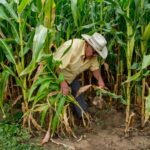Corn, one of the most important crops in the Americas, has a fascinating and complex life cycle. Understanding the phenological stages of corn is crucial for farmers, as it allows them to optimize management practices and maximize production. This article explores in detail each phenological stage of corn cultivation.
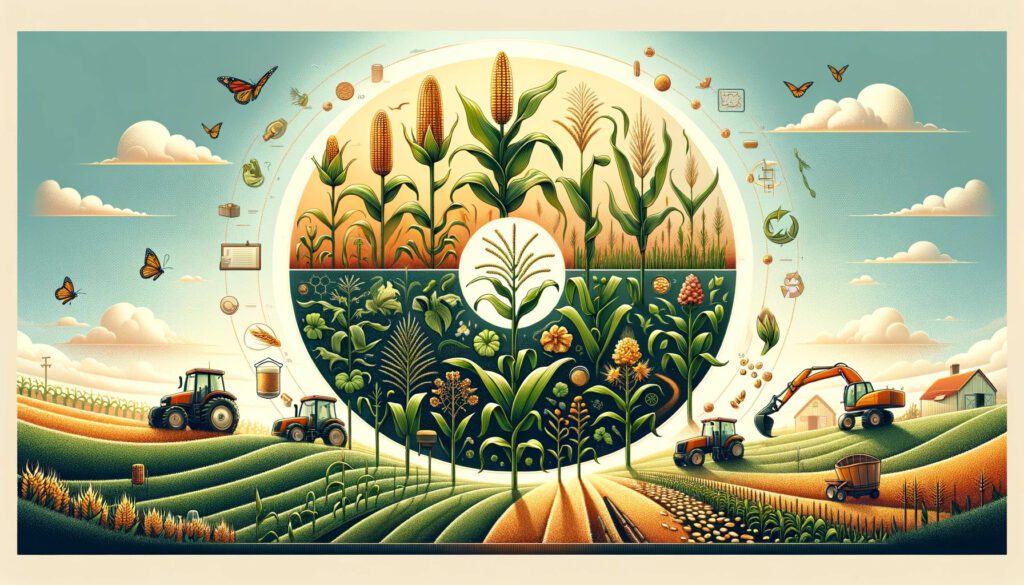
Phenological Stages of Corn
Germination and Emergence
The germination stage begins after planting, when the seed absorbs water and metabolic processes are activated. Emergence occurs when the coleoptile, the first leaf of the corn, breaks the surface of the soil. This stage is critical, as adverse conditions can significantly affect the uniformity and health of the crop.
Establishment and Vegetative Growth
During this phase, corn develops its root system and begins to grow in height. Nutrition and irrigation are fundamental at this stage to ensure healthy development. The vegetative phase continues until the plant reaches maturity and begins to form cobs.
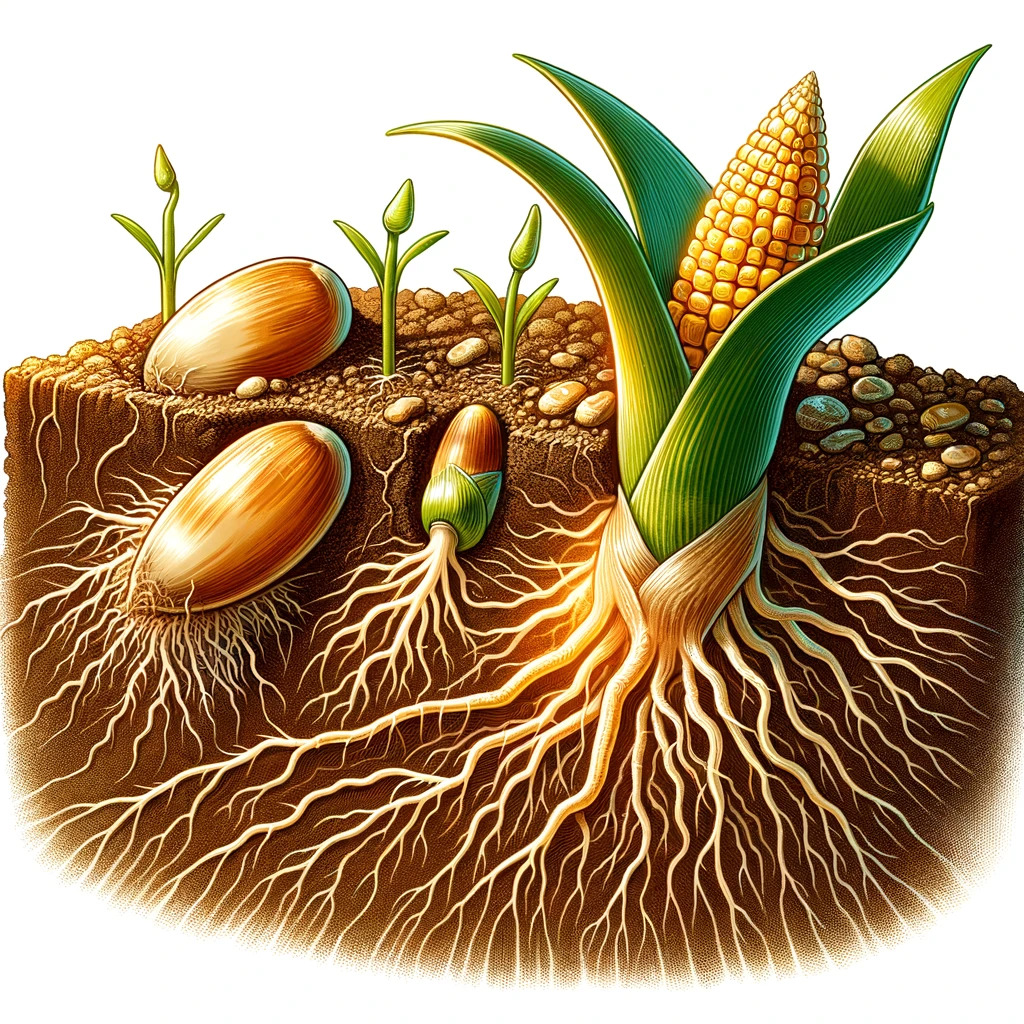
Flowering and Pollination
Flowering in corn is a synchronized process that begins with the appearance of the male spike at the top and the female inflorescence (the cob) in the leaf axils. Pollination is vital for grain formation and largely depends on weather conditions.
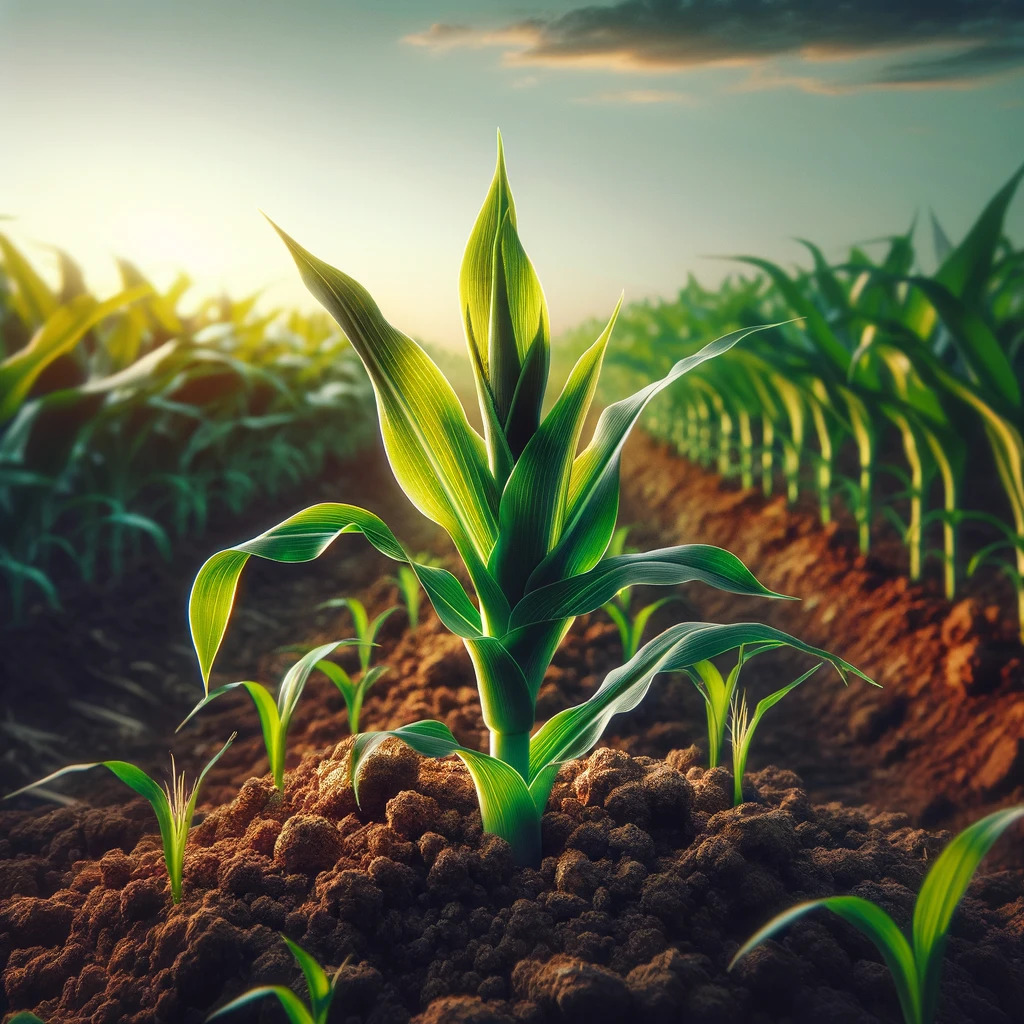
Grain Development and Maturation
After pollination, grain development begins. This phase includes grain filling, where starches and proteins are accumulated. Final maturity occurs when the grain reaches its maximum dry matter content, indicating it is ready for harvest.
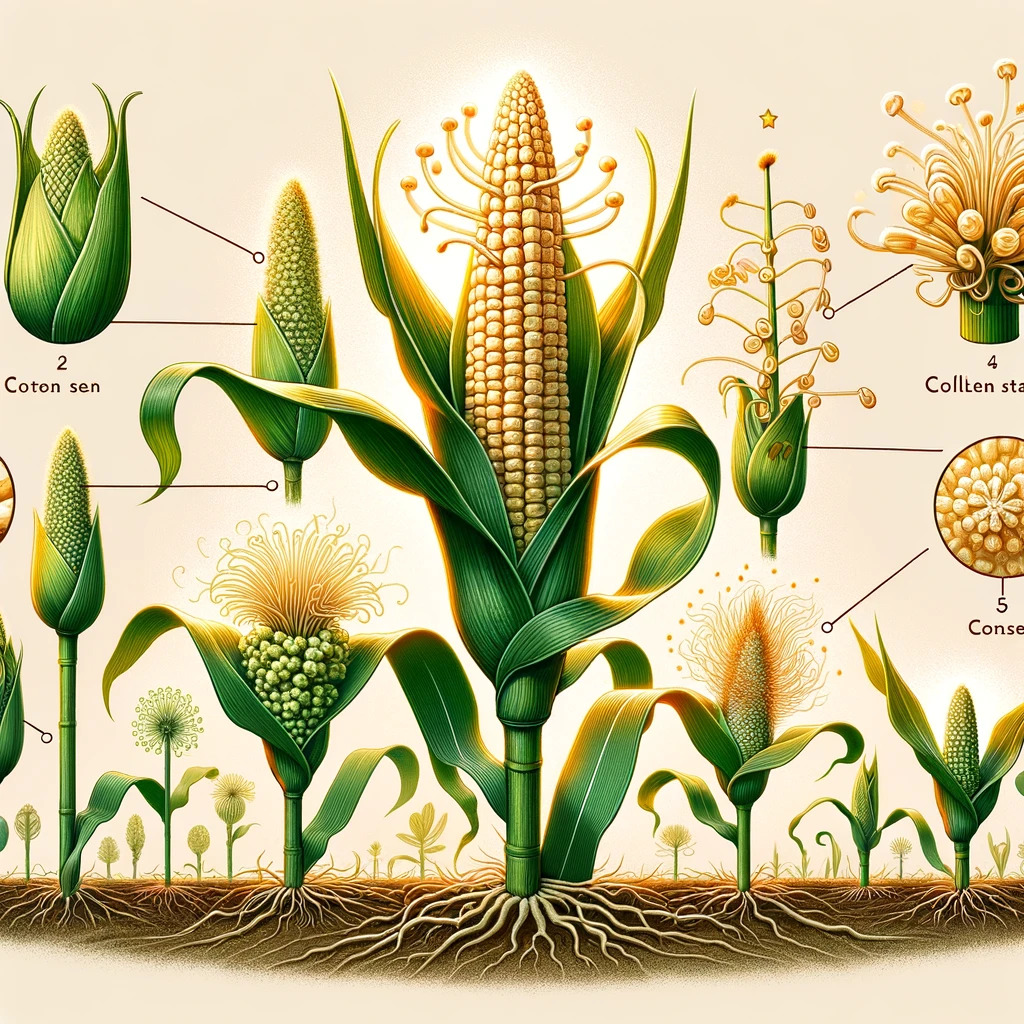
Harvest
The final stage is the harvest, when the grains have reached optimal maturity. The timing of harvest is crucial to maximize yield and minimize losses.
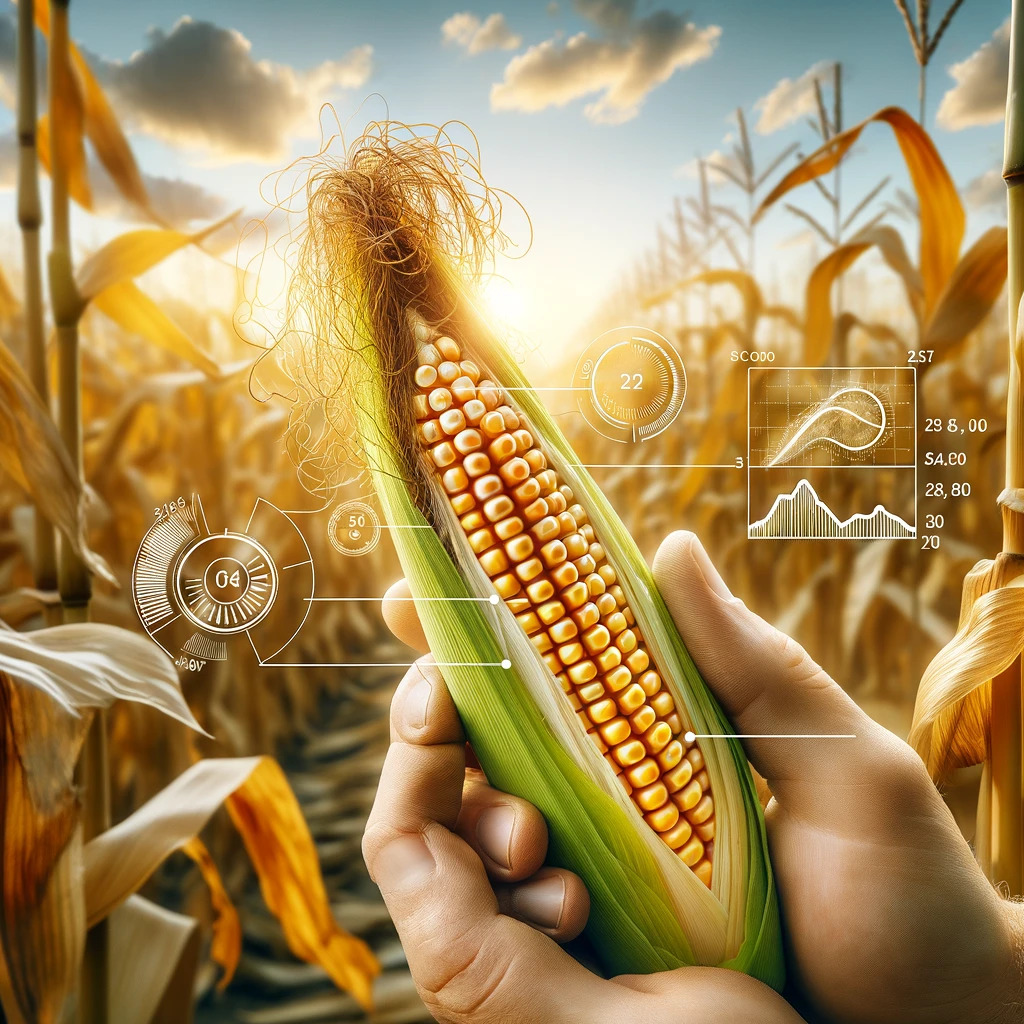
Conclusion
Understanding the phenological stages of corn is essential for implementing effective agricultural practices. From planting to harvest, each stage requires specific attention and management to ensure a successful and sustainable harvest.
 AgronoBlog – Agriculture Blog
AgronoBlog – Agriculture Blog 